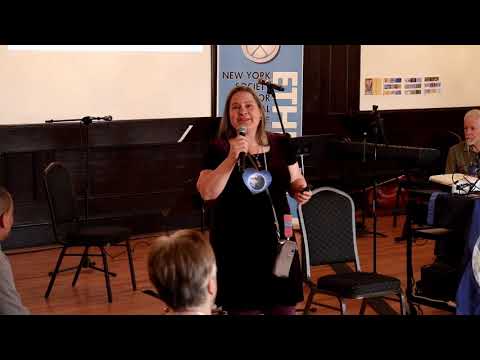
In addition to being a pastor and ethicist, I’m also married and the mother of a son and daughter in their late 20’s. Why reveal this? Because of the thousands of words I have read about the tragedy that has unfolded in Steubenville, Ohio, few mentioned the families involved. From August 2012 when a 16-year old girl was raped to last month when two teenage boys were convicted of that crime, we have learned the names of all the individuals involved and have been treated to analyses of their adolescent behavior. The ethos of a community that makes heroes of its athletes, and places them on pedestals above social scrutiny, has also been discussed at length. But what of the families that nurtured these children and, one hopes, gave them their first lessons in morality?
My children remember a colorful sign I posted on the refrigerator when they were very young: “Use Words!” It was a reminder to think before hitting – and then not to hit. (As their vocabulary grew, I inserted the adjective “kind.”) At the dinner table, we would review the day and discuss behavior in terms of what was kind and fair, understanding that often one couldn’t be both at the same time. What parent hasn’t heard a child exclaim, “She hit me for no good reason!” and then talk about what a good reason might be and how conflict might be handled? Children experience injury at a young age and can distinguish right from wrong long before their frontal lobes – the part of the brain that asks “What is the consequence of this action?” – are fully connected. Society is right to take brain development into consideration when sentencing youthful offenders, but wrong to believe that they don’t recognize the harm they have done.
The “poor boys,” as some have described the Steubenville rapists, knew they were hurting someone. The other teenagers who witnessed their crime also knew it and were wrong in exploiting it for social media pleasure. Their collective depravity is a moral outrage that cannot be excused by “They didn’t know any better.” They knew and they chose. They may be sorry now – or not, but we, as a moral society, must hold them responsible for their behavior.
My family has discussed this moral tragedy since it first appeared in the news. We are by no means naïve about human behavior, and yet this shocked us. From the abuse of alcohol and drugs to the physical abuse of rape and the emotional abuse of posting on social media, we asked, “Where are their families?” This case has not been resolved with court sentences; it never will be. It calls for restorative justice, a process that focuses on the needs of victims, offenders and the community. Some abstract legal principle may have been satisfied, but there is much work still to be done. Let us hope that this story does not end here and that ethical leaders come forward to encourage everyone involved to take responsibility for their actions and lack of action, to make amends to the victim, and to repair a community that lost its moral compass.







